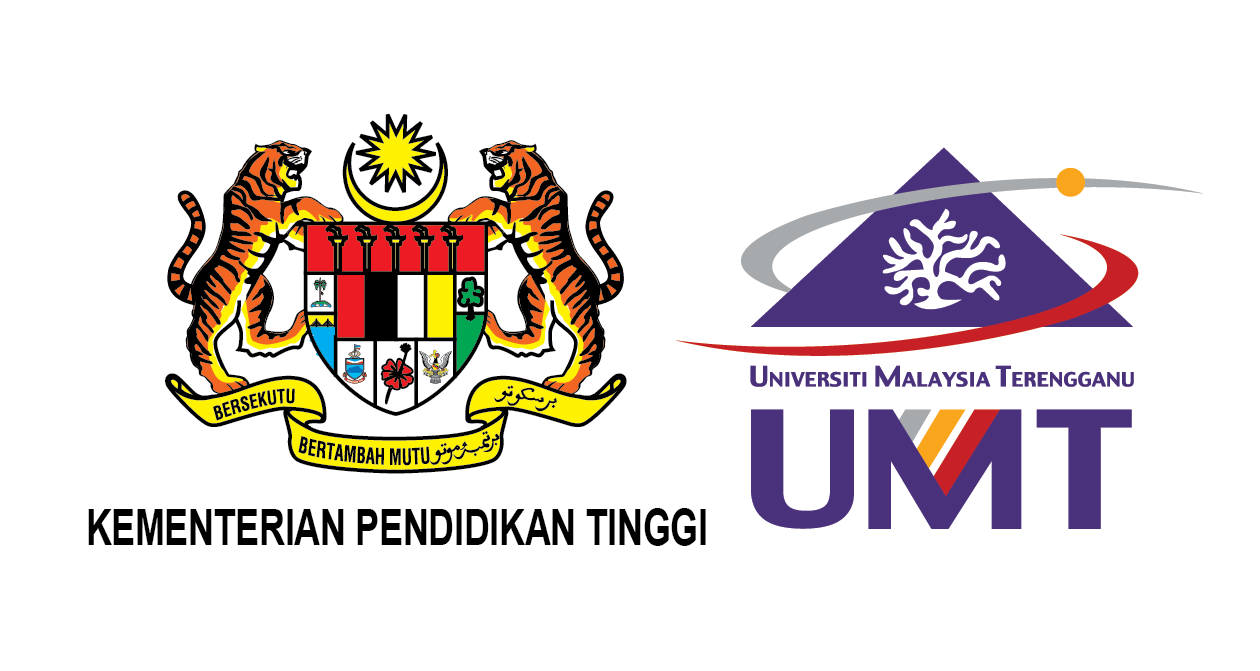Please use this identifier to cite or link to this item:
http://umt-ir.umt.edu.my:8080/handle/123456789/6907| Title: | FACTORS THAT CONTRIBUTE TO SUSTAINABLE LIVELIHOOD OF THE ORANG ASLI COMMUNITIES |
| Authors: | NIK FUAD NIK MOHD KAMIL ASLINA NASIR NOORHASLINDA KULUB ABDUL RASHID |
| Keywords: | livelihood Ecology-based Communities sustainable livelihood framework Orang Asli |
| Issue Date: | 2011 |
| Publisher: | Journal of Sustainability Science and Management |
| Abstract: | The concept of sustainable livelihood appeared in the report of an advisory panel of the World Commission on Environment and Development in 1987. The report refers to the human basic needs, food security, sustainable agriculture practice and poverty. Sustainable livelihood refers to a way of approaching development that incorporates all aspects of human livelihoods and the means whereby people obtain them. The study examines the factors that contribute to sustainable livelihood of the Orang Asli community in Malaysia. Based on a case study of Orang Asli communities in Pekan, Pahang, this study evaluates the level of sustainability of the communities using indicators covering economic, social and physical dimensions. Based on the regression analysis, total income, education level and health show positive relationship with sustainable livelihood while main job, marital status and dependents show negative relationship. The results suggest that higher level of education and income contribute to sustainable livelihood among the Orang Asli. |
| URI: | http://hdl.handle.net/123456789/6907 |
| ISSN: | 18238556 |
| Appears in Collections: | Journal Articles |
Files in This Item:
| File | Description | Size | Format | |
|---|---|---|---|---|
| Factors-that-Contribute-to-Sustainable-Livelihood-of-the-Orang-Asli-Communities.pdf | 8.57 MB | Adobe PDF | View/Open |
Items in UMT-IR are protected by copyright, with all rights reserved, unless otherwise indicated.

